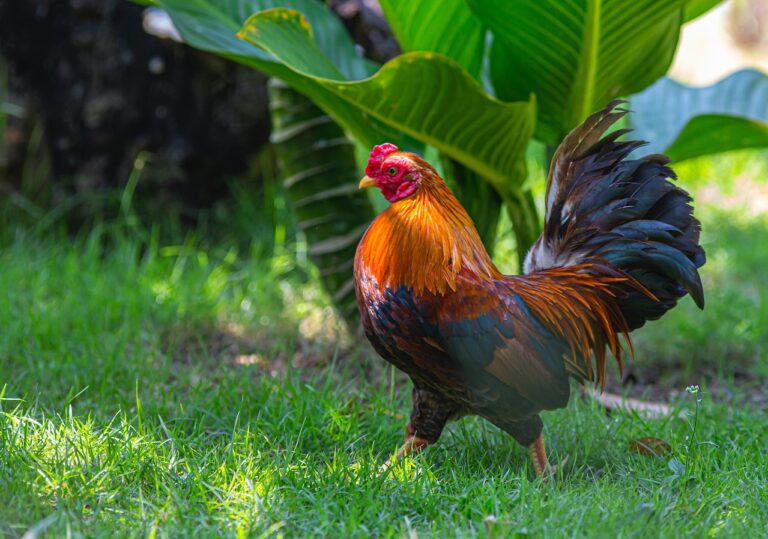Is Cockfighting Legal in Mexico?
In Mexico, cockfighting is considered a traditional and cultural practice, with deep historical roots dating back to pre-Hispanic times. Although it is legal in the country, there are specific rules and regulations that must be followed. The Mexican government recognizes cockfighting as a regulated sport, with each state having its own set of laws governing the practice. This has led to a thriving industry surrounding cockfighting, including the breeding, training, and sale of fighting cocks, as well as the organization of tournaments and events.
What is the Current State of Cockfighting in Mexico?
Despite being a controversial sport in many countries, cockfighting remains popular in Mexico, where it is not only legal but also considered a cultural tradition. Tournaments and events are held regularly across the country, attracting thousands of spectators and generating significant revenue for local economies. Some of the most prestigious and well-known events include the Feria Nacional de San Marcos in Aguascalientes and the Feria de Texcoco in the State of Mexico. Cockfighting is also a significant part of local festivities and celebrations in many rural communities.
How is Cockfighting Referred to in Mexico?
In Mexico, cockfighting is commonly known as la pelea de gallos or el palenque. These terms are used to describe both the sport itself and the venues where cockfights take place. A palenque is a traditional, circular arena with a sandy floor, surrounded by bleachers for spectators. The term pelea de gallos directly translates to fight of the roosters, emphasizing the central role of the birds in the sport.
What are the Laws, Penalties, and Law Enforcement Practices Regarding Cockfighting in Mexico?
As mentioned earlier, cockfighting is legal in Mexico, but it is regulated by specific state laws. These laws vary by state but generally include the following provisions:
- Registration of fighting cocks with local authorities
- Prohibition of fights to the death, with referees required to stop fights if a rooster is severely injured
- Age restrictions for participants and spectators
- Restrictions on gambling and the sale of alcohol at events
- Requirement for organizers to obtain permits for events
While these regulations are in place, enforcement can be inconsistent, and illegal cockfighting events may still occur. In such cases, penalties can include fines and imprisonment, depending on the severity of the offense and the specific laws of the state in question.
Where Can I Find Helpful Links, Government Laws, and Resources About Cockfighting in Mexico?
For more information on cockfighting in Mexico, including the specific laws and regulations governing the practice in each state, you can consult the following resources:
- The official website of the Mexican Chamber of Deputies, which provides access to federal and state laws
- The official website of the Mexican Government, which offers information on a wide range of topics, including sports and culture
- Local government websites, which often include information on local laws and regulations governing cockfighting
- Online forums and communities dedicated to the sport, where enthusiasts can discuss and share information about cockfighting in Mexico
In conclusion, while cockfighting remains a controversial sport in many countries, it is legal and culturally significant in Mexico. Understanding the laws, regulations, and traditions surrounding the practice can provide valuable insight into this unique aspect of Mexican culture.
